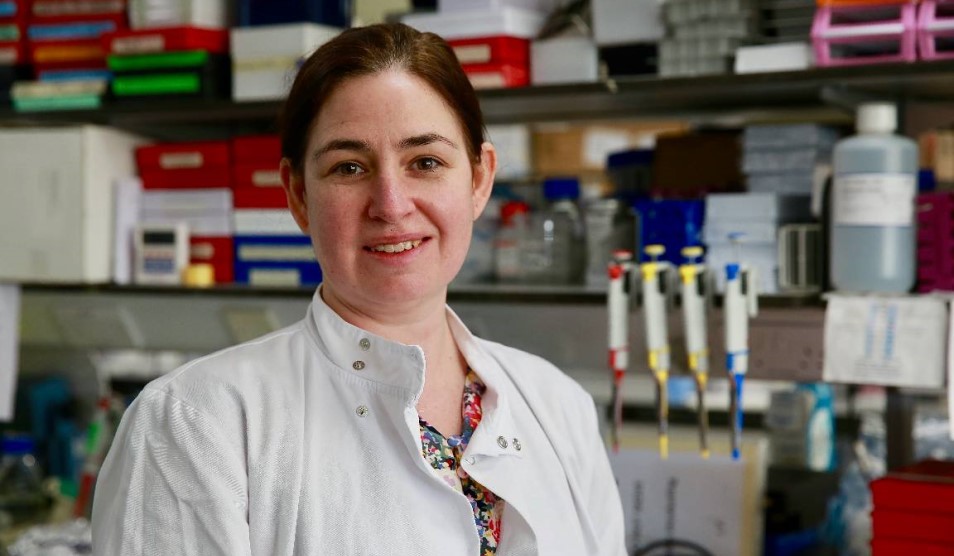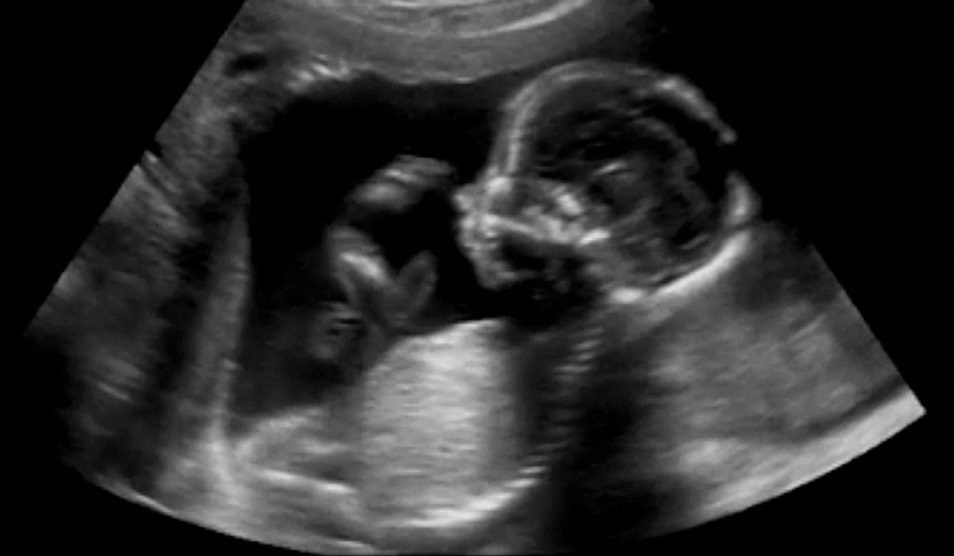Trust clinicians partnering with researchers to look at ways to prevent premature births
A new UK centre dedicated to investigating the causes of premature birth, involving clinicians from Queen Charlotte’s and Chelsea Hospital and St Mary’s Hospital, opens today.
The March of Dimes Prematurity Research Center at Imperial College London will be a partnership between the College and three major London hospitals. The centre is supported by a grant from Ferring Pharmaceuticals.
March of Dimes is a U.S. charity that leads the fight for the health of all mums and babies. They support research, lead programs and provide education.
These centres work towards finding the causes of premature birth, also called preterm birth, and new ways to prevent it.
Premature birth, defined as birth before 37 weeks of pregnancy, and its consequences are the leading cause of death among children under age five worldwide. Babies who survive an early birth often face serious and lifelong health problems, including chronic lung disease, vision and hearing impairment, cerebral palsy, and learning disabilities.
Premature birth is a complex condition with a range of causes. Recent research carried out by the Trust and the College has suggested the bacteria that live naturally in the birth canal may play a role. The team at the centre will aim to identify and characterise the complex processes between these bacteria and the mother, in order to help understand why some women are at higher risk of preterm birth, working with clinicians and mothers at the hospital to achieve this knowledge.
Professor Phillip Bennett, Consultant Obstetrician and Gynaecologist at Queen Charlotte’s and Chelsea, and the principal Imperial College investigator of the new centre, said: “We are proud to have been selected to join the March of Dimes Prematurity Research Center family. Imperial College London and its partner hospitals have renowned clinics for supporting women who deliver preterm, as well as a long tradition of ground-breaking research in this area. As London is a truly global city, we are also fortunate to encompass a large and diverse patient population.
“Our world-class teams will be using the latest technologies, some unique to Imperial, to study how the body recognises and interacts with bacteria and other microbes in the birth canal. This will enable us to develop methods for predicting - and ultimately preventing - preterm birth.”



